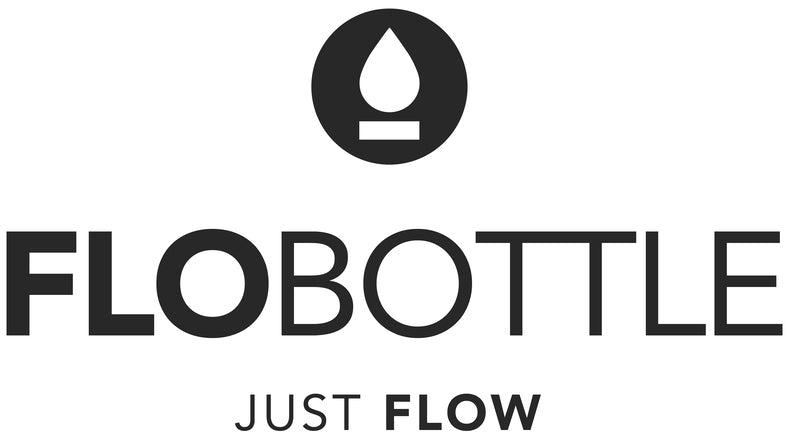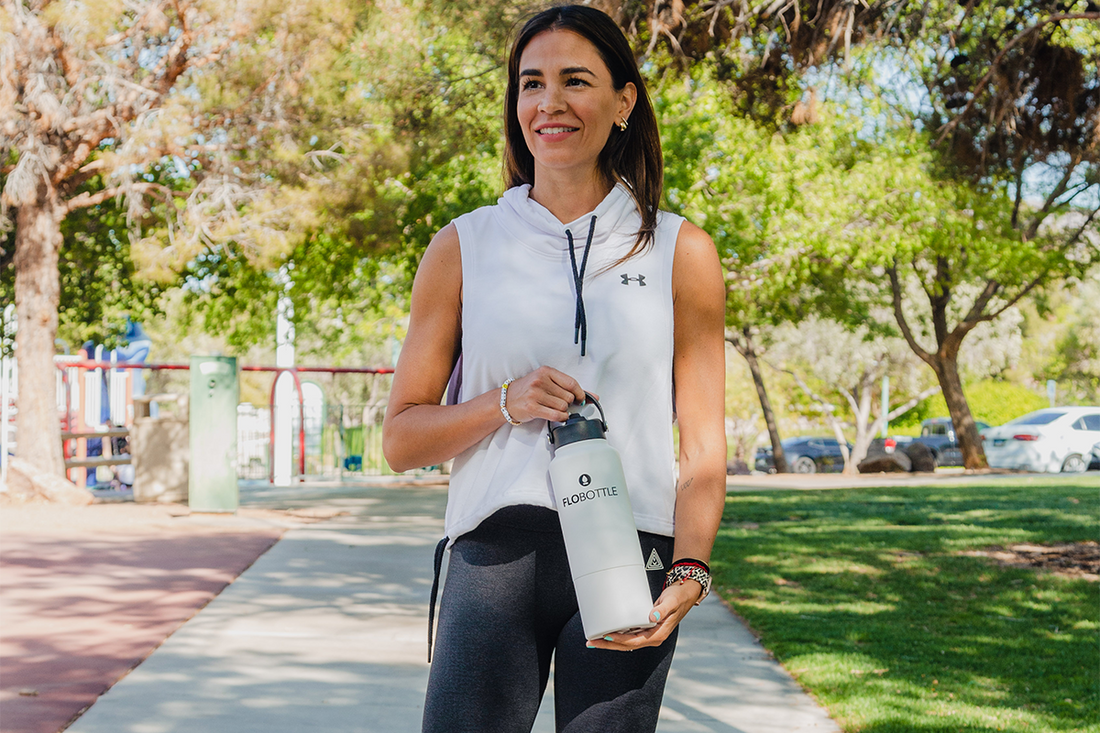Drinking water is essential to keep us hydrated and refreshed, especially during summer. Hydration contributes to our overall well-being, regulating body temperature, maximizing physical performance, and boosting positive emotions. So what if we fail to drink sufficient amounts of water? Whether you’re hiking or staying at home during the hot season, not drinking enough fluids can lead to exhaustion and dehydration.
What is Dehydration?
Dehydration happens when there isn't enough water in our bodies. The human body is around 60% water, and each day, we lose a lot of fluid through going to the bathroom, sweating, and even crying. Although the water we lose can easily be replaced by drinking water or eating water-rich food, many fail to consume enough.

Anyone, even healthy people, can experience dehydration. However, the risks are higher for certain groups of people, like infants, the elderly, athletes, and those with existing long-term illnesses. Moreover, while dehydration can happen any time of the year, it's usually the exposure to hot, dry weather that causes this condition.
Causes of Dehydration
A certain level of dehydration is normal throughout the day — and we can easily alleviate it. However, be on the lookout for things that can trigger excessive dehydration.
- Not drinking enough water
- Diarrhea
- Vomiting
- Sweating
- Diabetes
- Exposure to hot weather
- Certain medications
Signs That You’re Dehydrated
Dehydration can be categorized as mild, moderate, or severe. Studies show that mild cases are possible to treat in approximately 45 minutes. Just drink water or a premixed/DIY rehydration solution at home until you feel better. Those experiencing moderate to severe dehydration, meanwhile, may require hospitalization and take longer to recover.
Be aware of the signs of mild to moderate dehydration, particularly during summer. Mild to moderate symptoms can quickly progress to a more severe condition, so increase your fluid intake to recover right away.

Signs of Mild to Moderate Dehydration
What does mild to moderate dehydration look like?
- Increased thirst
- Lightheadedness
- Dry, sticky mouth
- Muscle cramps
- Headache
- Not urinating much
- Dark yellow urine
- Dry skin
- Constipation
- Bad breath
Signs of Severe Dehydration
Severe hydration, however, has more drastic warning signs.
- Dizziness
- Sunken eyes
- Confusion
- Low blood pressure
- Rapid heartbeat
- Rapid breathing
- Listlessness
- Delirium
- Fainting
- Lack of energy
Why Should You Care?
Drinking water is a chore for many. Some people are just too busy to quench their thirst or fail to bring clean water when going on an outdoor adventure. Others don't like the taste of plain, unflavored drinks. Instead of drinking water and eating water-rich food, they consume dehydrating, sugary beverages like alcohol and sodas.

What most of us don't realize is that hydration is more than just for refreshment and maintaining energy levels. Drinking enough fluids helps promote skin health, flush body waste, lubricate our joints, and deliver oxygen throughout our bodies.
Water also carries nutrients to the brain and washes away toxins that hinder brain function. Hydration is essential to day-to-day body functions. You experience plummeting energy levels, slower metabolic processes, and cognitive impairments when dehydrated. Water loss means difficulty with anything that demands motor coordination and attention.
Imagine hiking and having a hard time walking, remembering routes, and conversing with your companions. Furthermore, when we lose water, we urinate less as our kidneys retain more fluids in our system. Then, our blood becomes thicker, decreasing the blood volume circulating in our body and straining our cardiovascular system.
Dehydration can lead to serious complications. Severe cases sometimes result in kidney problems, seizures, and heat stroke. It's a medical emergency that may result in death if not treated immediately.
Dehydrated individuals who force themselves to function are at high risk of exhaustion. Moving too fast, specifically under the sun's heat, may cause them to faint. This is why hydration becomes more critical if you're taking on strenuous activities.
It's noteworthy that even mild dehydration with 1% body water loss can negatively impact physical performance, based on a clinical study involving active, older, healthy men. Mild dehydration decreased their endurance, power, and muscle strength.

Drinking adequate fluids helps us function well and feel our best. The more water we drink, the more we can enjoy outdoor activities under the heat of the sun.
Tips for Staying Hydrated
The right amount of water per day varies from person to person. The general recommendation is 2.7 liters a day for women and 3.7 liters a day for men, but you may need more depending on several factors, such as your diet, how active you are, the season, your climate, and your overall health.
Summer is the best time to revel in the bright sunshine and fresh air outside. As you take pleasure in the warm weather, increase water intake to prevent dehydration. Here are some quick tips to help you stay hydrated.
- Drink water before you get thirsty.
- Hydrate before starting a tiring activity.
- Take frequent water breaks.
- Eat food with high water content.
- Avoid caffeine and alcoholic and sugary drinks.
- Spice up plain water by adding mint, lemon, cucumber, and other flavorful foods.
- Use an app or set a reminder on your smartphone.
- Keep a stylish, functional, reusable water bottle to motivate yourself to drink more water.
Flobottle is here to make it easy to stay hydrated and healthy. Our stainless steel, insulated water bottles are BPA-free and designed to keep hot things hot and cold things cold. Flobottle is the perfect companion for a day at the office or a hike in the mountains.
This summer, stay hydrated and healthy. Shop with Flobottle today!





